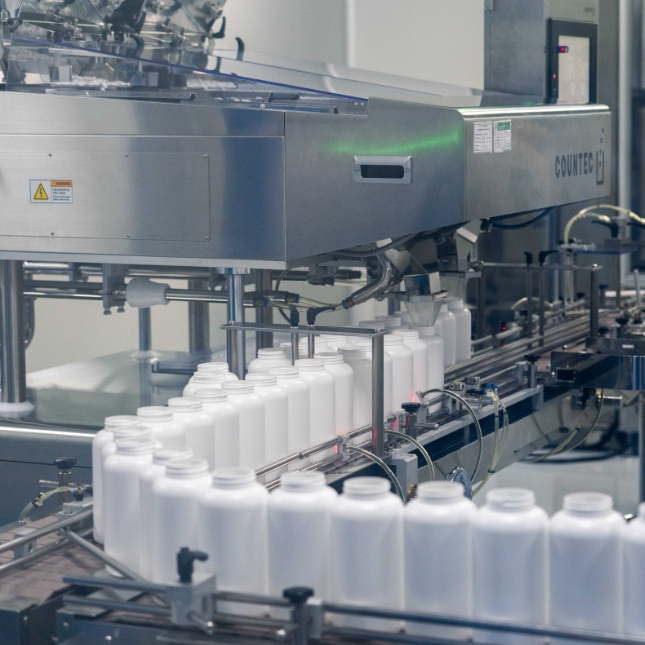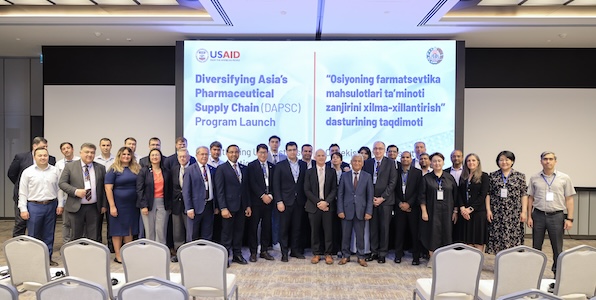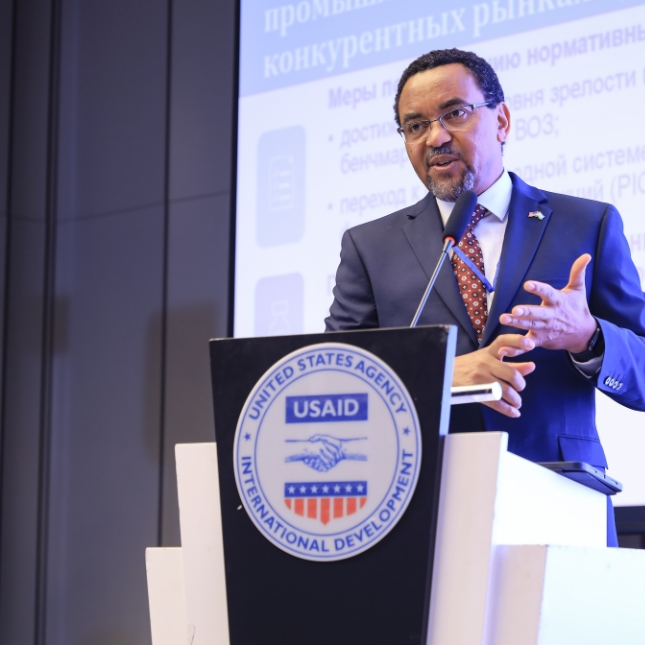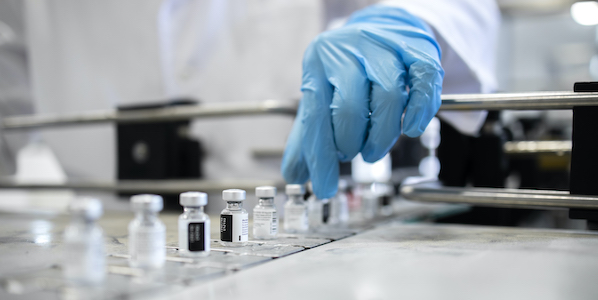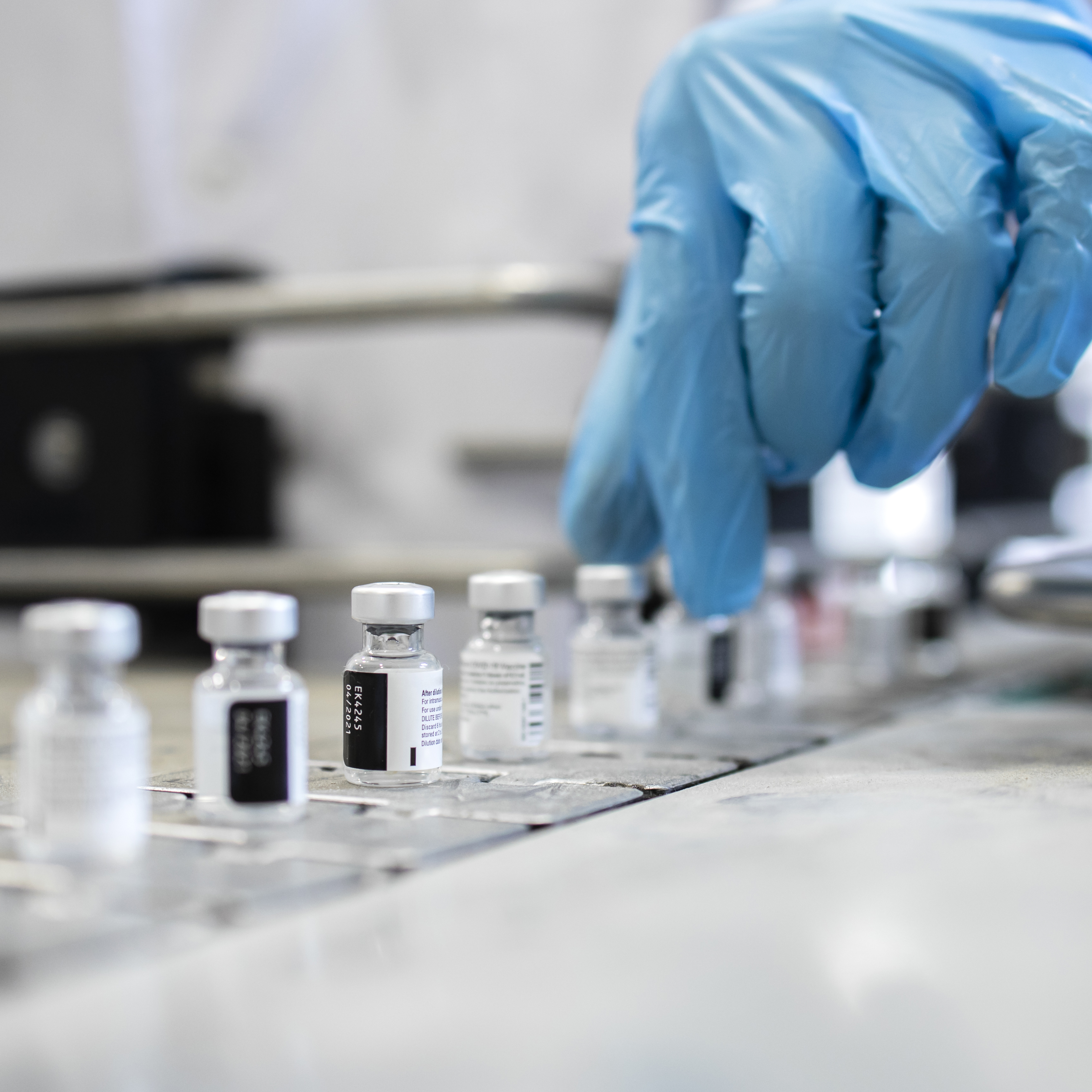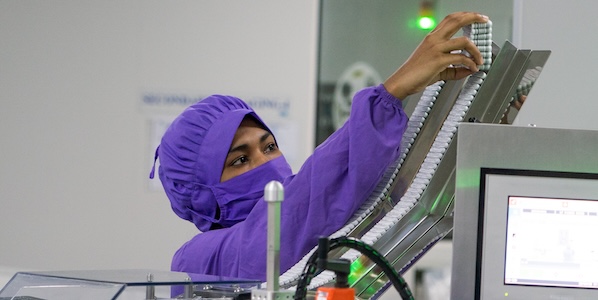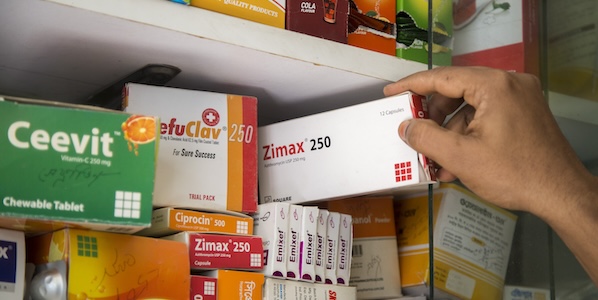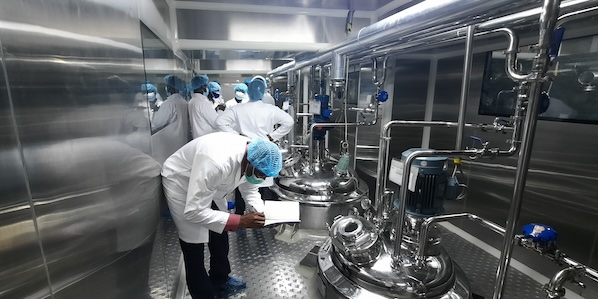Pharmaceutical manufacturing across Asia varies significantly by country and product, with countries like Uzbekistan and Kazakhstan relying heavily on essential medicines manufactured by foreign producers. Ensuring the quality of medicines and their source ingredients requires strong coordination between pharmaceutical manufacturers and regulatory agencies, including national quality control laboratories, along with expanded capabilities.
Why it matters
Relying on a single source or country for medical products and ingredients puts patients at greater risk of supply chain disruptions and drug shortages, ultimately making lifesaving medicines, vaccines, and other medical products difficult to access or unavailable for millions of people.
About the project
To build supply chain resilience, increase regional manufacturing of active pharmaceutical ingredients (APIs) and key starting materials (KSMs), and promote greater investment in local pharmaceutical industries, USAID is investing in strategies to transform the pharmaceutical market across the region. The Diversifying Asia's Pharmaceutical Supply Chain is a USAID-funded initiative that provides US$5 million in funding to support two Central Asian countries, Kazakhstan and Uzbekistan, to strengthen competitive pharmaceutical manufacturing, governance, regulatory systems, procurement, technology, and workforce development to produce quality-assured medical products.
Progress
- Delivered a situational analysis and preliminary findings on the local pharmaceutical industry to regulators in Uzbekistan and Kazakhstan.
- Identified 25 APIs that could be produced locally in each country, which will be further prioritized to 10.
- Conducted preliminary research on pharmaceutical clusters across countries to gain insights into successful models and best practices to improve technology development in Kazakhstan.





